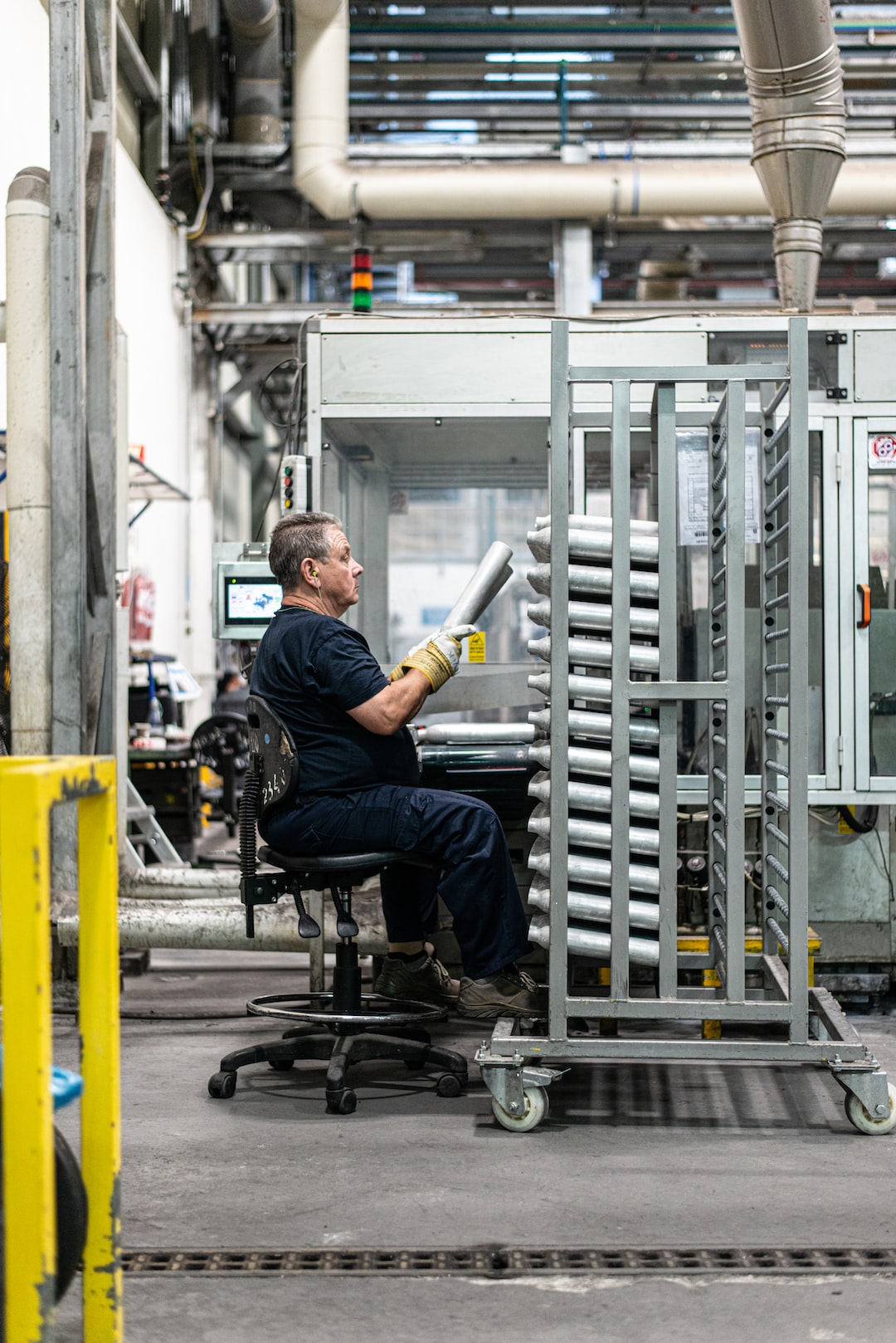Strategies to Reduce Waste in Manufacturing Operations
Reducing waste is a crucial aspect of sustainable manufacturing. Not only does it help businesses save money and resources, but it also contributes to a cleaner and healthier environment. In this blog post, we will discuss some effective strategies that manufacturing operations can implement to minimize waste production.
1. Adopt Lean Manufacturing Principles:
Lean manufacturing principles focus on identifying and eliminating waste within the production process. By implementing practices such as just-in-time manufacturing and continuous improvement, companies can reduce overproduction, excess inventory, and unnecessary motion. Embracing lean principles can lead to significant waste reduction while improving overall efficiency.
2. Implement a Waste Management System:
Establishing a comprehensive waste management system is essential in minimizing waste generation. This system should include effective waste segregation, recycling programs, and responsible disposal methods. By properly categorizing waste materials, businesses can identify opportunities for recycling or reuse, reducing landfill burden, and saving valuable resources.
3. Promote Employee Engagement and Training:
Educating employees about waste reduction strategies and encouraging their active participation can greatly impact manufacturing operations. By involving workers in waste identification and encouraging them to suggest improvement ideas, companies can tap into a wealth of knowledge and experience. Regular training sessions can raise awareness among employees about waste prevention, proper disposal, and recycling practices, enabling them to contribute to waste reduction effectively.
4. Embrace Sustainable Material Practices:
Selecting sustainable and eco-friendly materials can significantly reduce waste generation. Manufacturers should prioritize working with suppliers that offer green alternatives, recycled materials, or those that produce minimal waste during their manufacturing processes. By incorporating sustainable materials into their operations, businesses can minimize waste from the start, resulting in more sustainable manufacturing practices overall.
5. Conduct Regular Waste Audits:
Regular waste audits are an effective way to identify areas of improvement within manufacturing operations. By assessing patterns and volumes of waste generated, businesses can develop targeted strategies to minimize waste at its source. Waste audits can provide valuable insights into potential efficiency improvements, recycling opportunities, and cost-saving measures.
6. Embrace Digitization and Technology:
Leveraging technology can enhance waste reduction efforts in manufacturing operations. By implementing automated systems for data collection, inventory management, and production planning, businesses can minimize the risk of errors, overproduction, and excess inventory. Additionally, digital platforms can provide real-time insights into process efficiencies, enabling timely interventions to reduce waste.
In conclusion, reducing waste in manufacturing operations is not only sustainable but also financially beneficial for businesses. By adopting lean manufacturing principles, implementing a waste management system, promoting employee engagement, embracing sustainable material practices, conducting regular waste audits, and leveraging technology, manufacturing operations can effectively minimize waste and move towards a more sustainable future. It is crucial for businesses to recognize that waste reduction is a continuous process that requires active participation and commitment at all levels.

